Biography
The filmmaking career of Carmelo Bene (1937 - 2002) lasted from 1968 to 1973, six years out of a lengthy time spent in the theater that made Bene one of the most celebrated figures of the Italian avant-garde in the second half of the 20th century.
Bene first made a name for himself with a controversial production of Camus’ Caligula in Rome in 1959. Subsequent productions retained this sense of notoriety, and Bene (like Pasolini) quickly acquired a police record. Bene, however, would come to bemoan the controversy his work created, because it attracted an audience looking for shocks and titillation, while he himself was more concerned with reinventing the vocabulary of the theater: sets, gestures, texts.
Bene’s turn to cinema expanded that quest to reinvent. His films resist synopsis because, although they are often derived from narrative sources, Bene uses these sources against themselves and as a springboard for his critique of the stultifying traps of representation and interpretation. The films are wildly inventive and visually arresting on several levels: the performance styles of his actors, including eccentric movements, gestures and grimaces; the sets, costumes and makeup; the editing; and the use of the camera, with stable shots regularly punctuated by handheld camera work, extreme close ups and the occasional baroque use of zooms, dollies, cranes, elaborate pans and exaggerated camera angles. They resemble something like the work of Jack Smith crossed with the experimental Pasolini of Teorema and Pigsty.
One constant feature of Bene’s work is its satire of heterosexuality. The two sexes keep trying to communicate with each other, but always fail to do so. Bene’s work constantly deflates masculinist pretenses at mastery: his male characters tend to be hapless and often hysterical, while his female characters are alternately predatory and remote, and unknowable in either case. But this satire is merely the most visible form of Bene’s revolt against convention and communication. Over and over again in the films, everyday actions become hopelessly complicated or endlessly interrupted. His characters often end up staring quizzically offscreen or even into mirrors, as if they were no more sure than we are of the meaning of what they see. Indeed, identity and by extension agency seem to get suspended, along with meaning. What is left is glorious spectacle and enigmas for the eyes and ears: endless music; babbling, stuttering text; excessive and exciting images. – David Pendleton
Filmography
Cast Credits

La parte maledetta. Viaggio ai confini del teatro - Carmelo Bene
Character: Himself (archive footage)
MOVIE • 2024
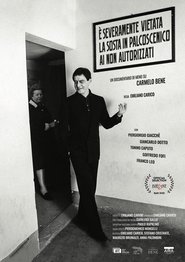
È severamente vietata la sosta in palcoscenico ai non autorizzati. Un documentario di meno su Carmelo Bene
Character: Himself (archive footage)
MOVIE • 2024
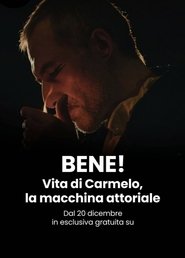
BENE! Vita di Carmelo, la macchina attoriale
Character:
MOVIE • 2022

Tracce di Bene
Character: Self
MOVIE • 2017
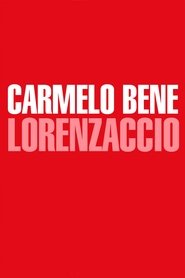
Lorenzaccio, al di là di de Musset e Benedetto Varchi
Character:
MOVIE • 2003
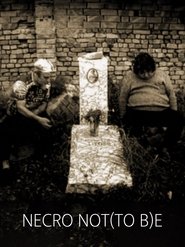
Necro not(to b)e
Character: Sé stesso
MOVIE • 2003
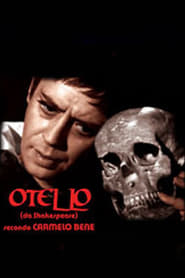
Otello o la deficienza della donna
Character:
MOVIE • 2002
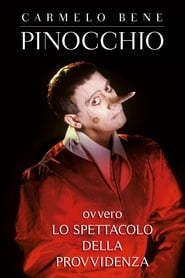
Pinocchio, ovvero lo spettacolo della Provvidenza
Character: Pinocchio / Geppetto / Mastro Ciliegia / Grillo Parlante / Mangiafuoco / Volpe / Lucignolo
MOVIE • 1999
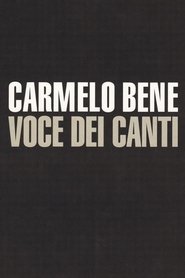
Voce dei Canti
Character:
MOVIE • 1998
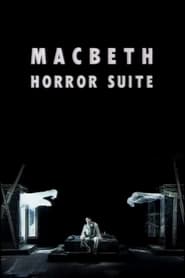
Macbeth Horror Suite
Character:
MOVIE • 1997

In-vulnerabilità d'Achille (tra Sciro e Ilio)
Character:
MOVIE • 1997
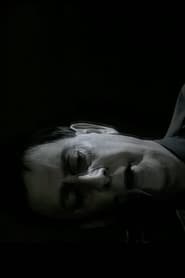
Canti Orfici
Character: Himself
MOVIE • 1996
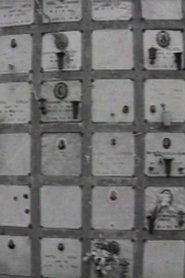
Ai Rotoli
Character: Self
MOVIE • 1996
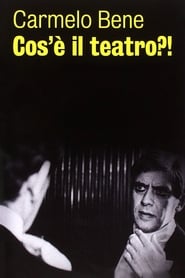
Cos'è il teatro?!
Character: Himself
MOVIE • 1990

Hommelette for Hamlet, operetta inqualificabile (da J. Laforgue)
Character: Amleto
MOVIE • 1990
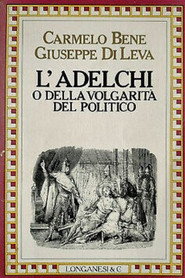
L'Adelchi di Alessandro Manzoni in forma di concerto
Character:
MOVIE • 1985
Le tecniche dell'assenza
Character: Self
MOVIE • 1984
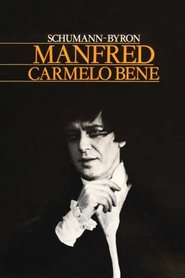
Manfred, versione per concerto in forma di oratorio
Character:
MOVIE • 1983
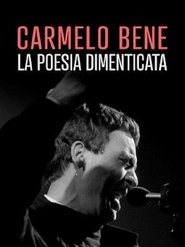
La poesia dimenticata
Character:
MOVIE • 1982

Riccardo III
Character: Riccardo III
MOVIE • 1981
Crew
Crew Credits

Lorenzaccio, al di là di de Musset e Benedetto Varchi
Role: Director
MOVIE • 2003

Otello o la deficienza della donna
Role: Director
MOVIE • 2002
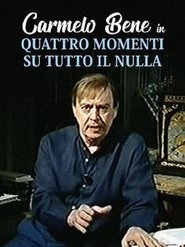
Quattro momenti su tutto il nulla
Role: Director
MOVIE • 2001

Pinocchio, ovvero lo spettacolo della Provvidenza
Role: Director
MOVIE • 1999

Pinocchio, ovvero lo spettacolo della Provvidenza
Role: Art Direction
MOVIE • 1999

Pinocchio, ovvero lo spettacolo della Provvidenza
Role: Producer
MOVIE • 1999

Pinocchio, ovvero lo spettacolo della Provvidenza
Role: Makeup Designer
MOVIE • 1999

Pinocchio, ovvero lo spettacolo della Provvidenza
Role: Costume Design
MOVIE • 1999

Pinocchio, ovvero lo spettacolo della Provvidenza
Role: Writer
MOVIE • 1999

Voce dei Canti
Role: Director
MOVIE • 1998

Macbeth Horror Suite
Role: Director
MOVIE • 1997

Macbeth Horror Suite
Role: Writer
MOVIE • 1997

In-vulnerabilità d'Achille (tra Sciro e Ilio)
Role: Director
MOVIE • 1997

In-vulnerabilità d'Achille (tra Sciro e Ilio)
Role: Costume Design
MOVIE • 1997

In-vulnerabilità d'Achille (tra Sciro e Ilio)
Role: Art Direction
MOVIE • 1997

In-vulnerabilità d'Achille (tra Sciro e Ilio)
Role: Adaptation
MOVIE • 1997

Canti Orfici
Role: Director
MOVIE • 1996

Cos'è il teatro?!
Role: Director
MOVIE • 1990

Hommelette for Hamlet, operetta inqualificabile (da J. Laforgue)
Role: Writer
MOVIE • 1990

Hommelette for Hamlet, operetta inqualificabile (da J. Laforgue)
Role: Producer
MOVIE • 1990